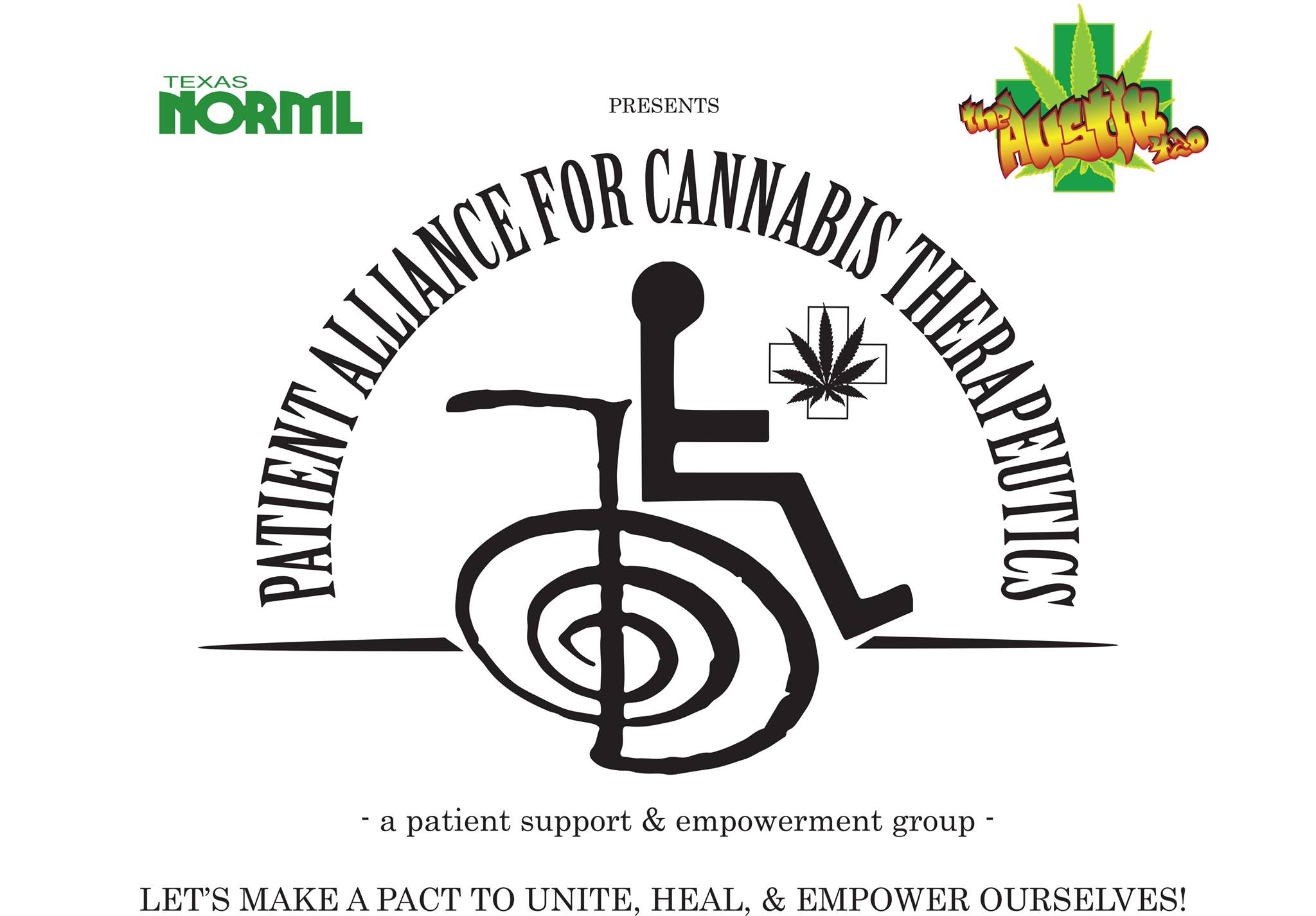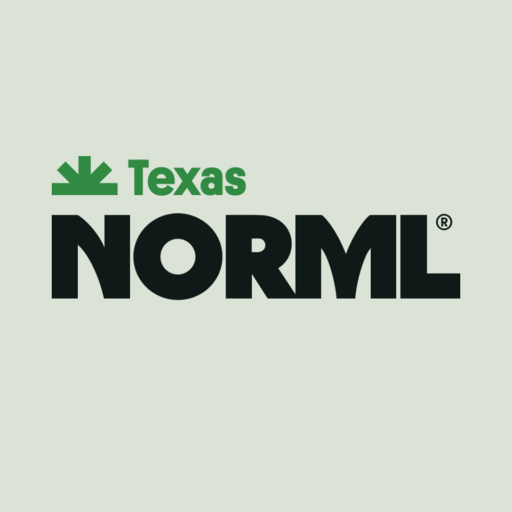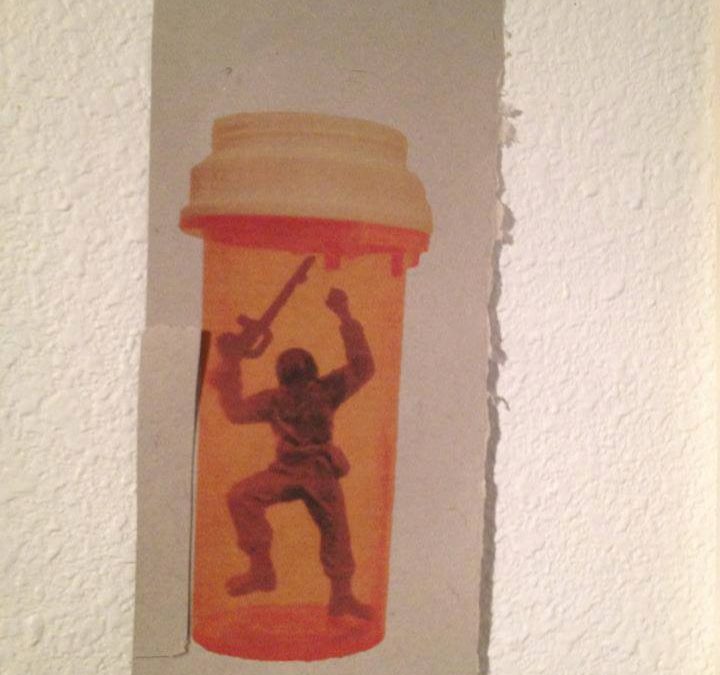
Meeting Notes November 6th, 2013
November 9, 2013
What a P.A.C.T. Meeting!
December 13, 2013There are not many things I believe in. I don’t believe in the supernatural, I don’t believe in the existential, I don’t believe in most things I cannot touch or see. With that said, I believe in freedom. I believe that every human on earth should be held to the same standards as their neighbor, should have the right to speak, to move, to migrate and to medicate themselves however they see fit. These are inalienable rights that every person possesses, whether their governments support the notion or not. We were all born free.
I enlisted in the United States Navy in June, 2004. I took an oath that read, “I will support and defend the constitution of the United States against all enemies foreign and domestic.” While, at the time, I didn’t fully understand the brevity of the words I was saying, I do now. The oath I took wasn’t for the tenure of my enlistment, it was for my life. My principles stem from these words and my actions always hearken back to the text of my oath of enlistment.
Too often our veterans are used for political talking points or as emotional backdrops to encourage tear-jerk reactions by the American populous and too seldom are the real stories of American veterans told. The sad story behind our war wounded veterans is that they are forgotten about by the people and become targets for the criminal justice system. With saddening statistics such as one veteran committing suicide every eighty-eight minutes, one in four homeless people being veterans (mostly with addiction and mental health issues), and roughly thirty-three percent of returning Afghanistan and Iraq veterans having Post Traumatic Stress Syndrome (PTSD), exhibiting PTSD symptoms or are projected to develop PTSD we must ask ourselves, “What can we do to end this sadness?”
That answer seems to be marijuana. There are currently a multitude of organizations researching cannabis therapy for PTSD and its associated symptoms; anxiety, depression, insomnia, mood swings, lack of appetite and hallucinatory flashbacks. Dr. Raphael Mechoulam (Ph. D) is the Israeli doctor who discovered THC as the psychoactive component in cannabis and later discovered the endogenous cannabinoid system. He is quoted as saying, “Despite the anecdotal evidence to the contrary, most of the experimental studies that have been conducted so far indicate that by and large the administration of exogenous cannabinoids such as vaporizing therapeutic cannabis may not be the most reliable nor effective means of utilizing the eCB system to treat anxiety and aversive memories such as those formed in PTSD.“
While PTSD tends to be one of the more prevalent talking points when discussions veteran healthcare, we must remember that not all disabled veterans are PTSD patients and tha there are a plurality of disorders that cannabis helps treat. When I was researching for this article, I began searching for veterans that have unique service connected disabilities and were open to discussing cannabis and how it has helped them. A unique trend in the veterans I interviewed is that they all told me, “cannabis has helped me be able to relate to civilians again.”
Veteran Number 1:
The first veteran I talked with is a US Air Force veteran. We will call him “Air Force.” Air Force told me that he was on active duty for three years, nine months. One day while he was conducting his physical training, he heard a snap in his shoulder. Air Force continued his work out fine but said the next day he could hardly lift a case of sodas and that his arm was in “constant, throbbing pain.”
Air Force told me that he “spoke with five different doctors on base and had a major tell [him] that he was malingering.” After several more doctor visits, he was finally send to a neurologist and subsequently diagnosed with Complex Regional Pain Syndrome (CPRS). Air Force told me that CPRS effects his right shoulder, right arm, right side of his neck and down the right side of his back. The Air Force neurologist was prescribing him a host of medications: 300mg of Wellbutrin, 10mg of Ambien, 150mg 3x day of Lyrica, 10mg Cyclobenzaprene 3x day and 75mg of Nuycenta 3x day. Air Force told me he was still in constant pain and the only thing his medicine did was make him feel detached from his surroundings and kept him in a zombie-like state.
Now that Air Force is out of the military, he has chosen cannabis as his medicine. He told me that he has gotten himself off of most of his medication and only have to smoke marijuana at night – in relatively small amounts – and that, as long as he doesn’t overexert himself, he doesn’t need additional pain medicine.
Veteran Number 2:
The second veteran I talked with is a United States Navy veteran, I will refer to him as “Navy.” Navy told me that he was working on night operations aboard his ship and after their operation was done, they were doing their daily turnaround inspection. He said, “When we concluded, we needed to fold the blade and fold it up. Well, I was under the blade to lift it – it’s the only way to do it. The crunch that supported the blade failed. The blade fell and smacked me in the back of the head… it bounced up and hit me a second time. Didn’t remember a thing, only know what I know through stories.”
Navy continued with telling me the extensive list of medications the U.S. Navy had him on, including Paxil, Welbutrin and another antidepressant. He said they made him feel both suicidal and homicidal. The navy never gave him anything for pain. He told me that his weight shot up about sixty pounds from the medication and inability to be as active as he was before.
The effects of Navy’s accident are tremendous. He has issues speaking, forming sentences, writing, etc. He doesn’t think he will every totally be the same person again. He told me that when he smokes, he is able to be more mentally productive, he thinks better, writes better and has been in better control of his health. He has lowered his weight from 286 pounds to 213 pounds by being able to be more physically active and has enrolled himself in college. Navy has to break the law to feel better, but the risk is worth it. He told me this is the closes to his family he has ever felt.
Conclusion:
The point of this article is that we, as a nation, do not treat our war wounded with the dignity and respect that they deserve when they come home with ailments. Our society has historically been very in favor of sending young Americans off to faraway graves and far too often forgets about the broken souls that make it home.
Medical cannabis is proving effective at treating a vast majority of issues that our veterans come home with and we continue to criminalize the people that fought – in many cases, to the death – to preserve a certain notion of freedom and liberty in the United States. I find it appalling and disgusting that so many of our war wounded fall to the wayside until the criminal justice system catches up with them for choosing alternative medications.
Veterans across the country are uniting and making their voices heard. Those that have sacrificed the most to preserve liberty and justice demand that we end the drug war so that our brothers and sisters can get the treatment they want and deserve. We must stop criminalizing issues that are blatantly obvious human health concerns. We must pardon nonviolent drug offenders and find alternate means of treatment for those that want it.
Veterans and NORML chapters across the country think it is high time that we end the war on drugs. Are you with us?
Tristan Tucker
DFWNORML Veteran Outreach Coordinator
US Navy, Disabled Veteran (OIF/OEF)

